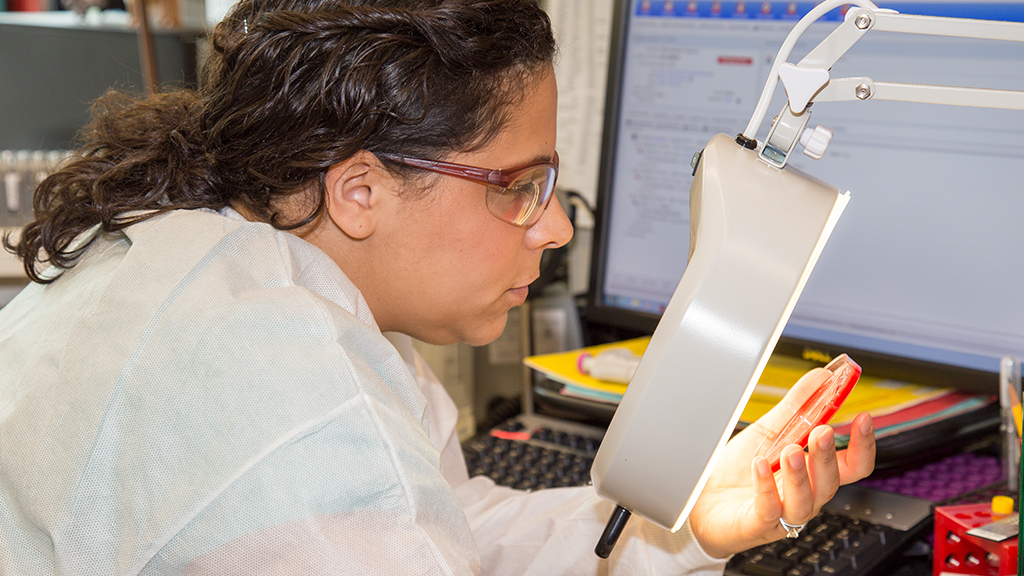Veterinary Laboratories: Protecting the Health of Dogs and Cats
Veterinary Laboratories: Protecting the Health of Dogs and Cats
Blog Article
Keeping your pets healthy, regular veterinary testing is essential. Advanced veterinary facilities monitor overall health for our beloved pets.
Throughout this resource, we’ll dive into the benefits of pet laboratory services and review common procedures.
What Are Veterinary Laboratories?
Labs focused on animal health conduct a range of tests to assist veterinarians. These labs integrate modern methods to offer precise information.

Key roles of veterinary labs include:
- Diagnosing conditions promptly: Supports better outcomes.
- Monitoring ongoing conditions: Keeps you informed about your pet’s progress.
- Validating health improvements: Ensures therapies are working.
Common Veterinary Tests for Dogs and Cats
Pet testing services perform an array of procedures to ensure pets are thriving. Common diagnostics include:
- Biochemical testing: Identify underlying diseases.
- Urine diagnostics: Detect urinary infections.
- Fecal tests: Evaluate digestive health.
- Dermatological evaluations: Pinpoint triggers.
- Advanced imaging scans: Identify hidden abnormalities.
Why Routine Exams Are Important for Pets
Regular veterinary testing ensures proactive care. Through timely detection of health issues, your pet can recover more quickly.

The value of regular diagnostics include:
- Maximized years with your pet: Ensuring effective care helps pets stay by your side for years.
- Cost-effective care: Managing minor issues promptly saves on costly treatments.
- Closer connection through care: Regular testing builds trust.
laboratorio de analises clinicas veterinarias
analises clinicas veterinaria
Why Testing is Key for Dogs and Cats
Pet diagnostic labs are an invaluable resource in supporting their health journey. With ongoing lab evaluations, you’re giving your pets the best chance at a happy, healthy life.
Talk to your veterinarian about testing options to protect their future!
Report this page